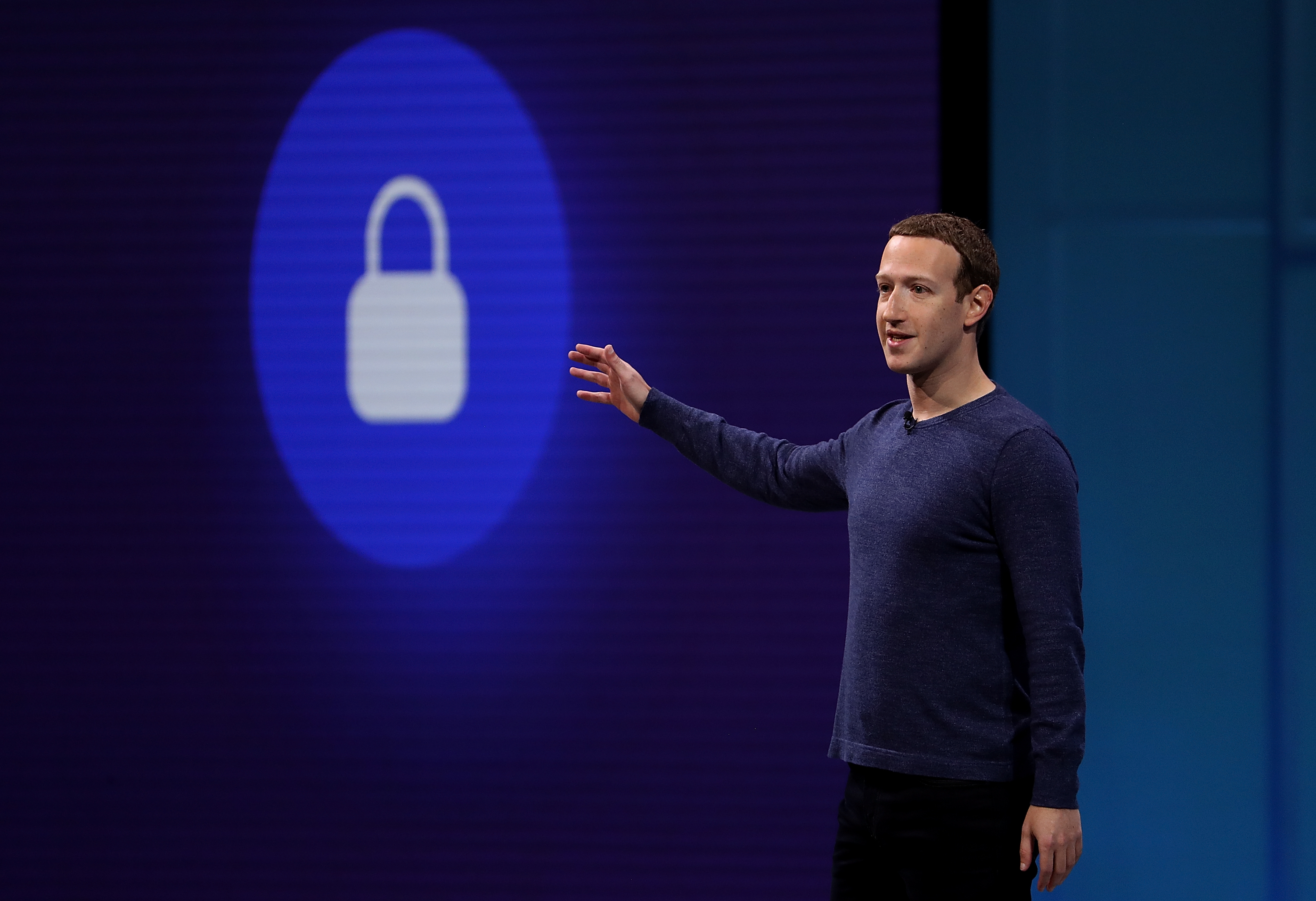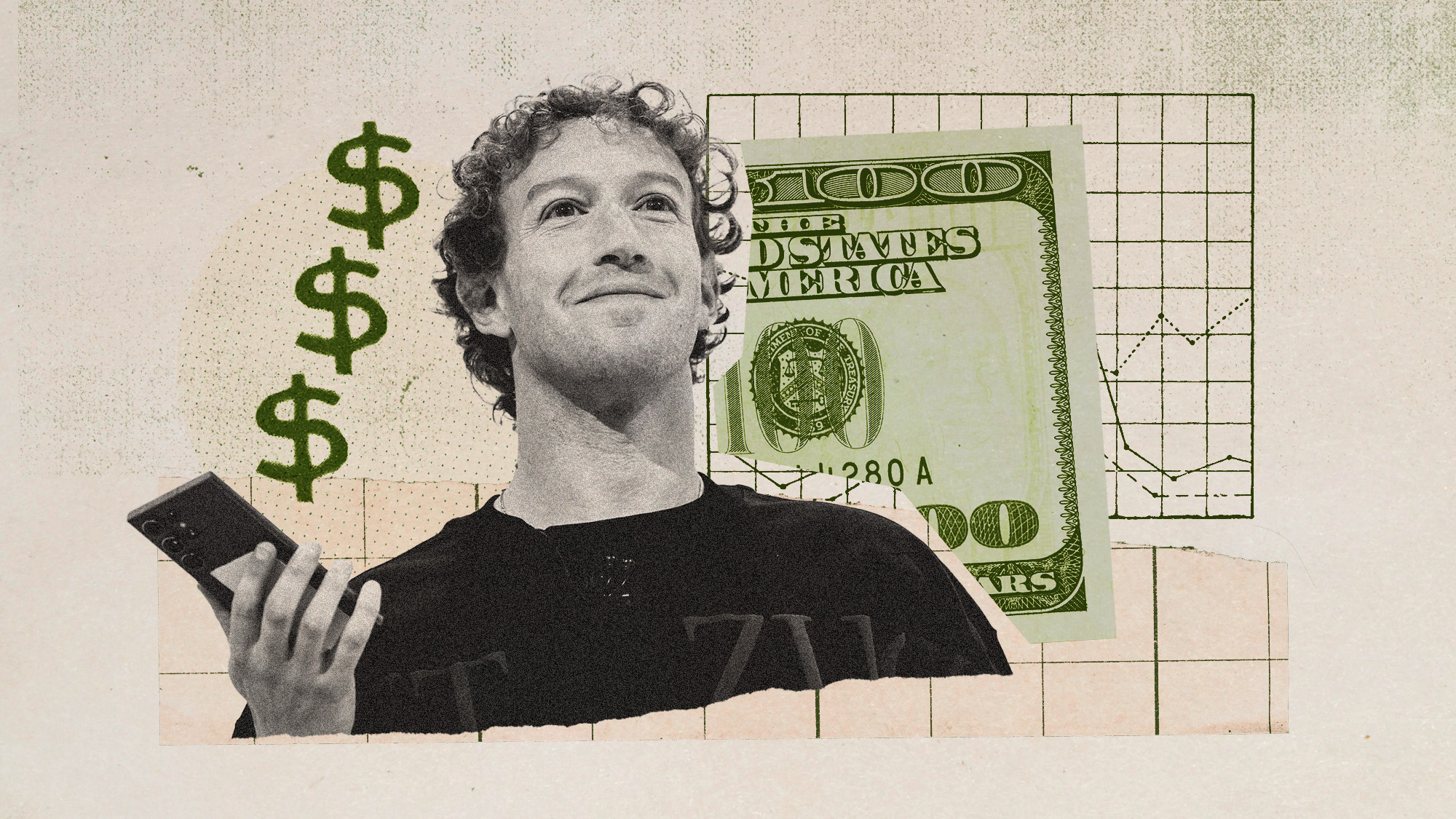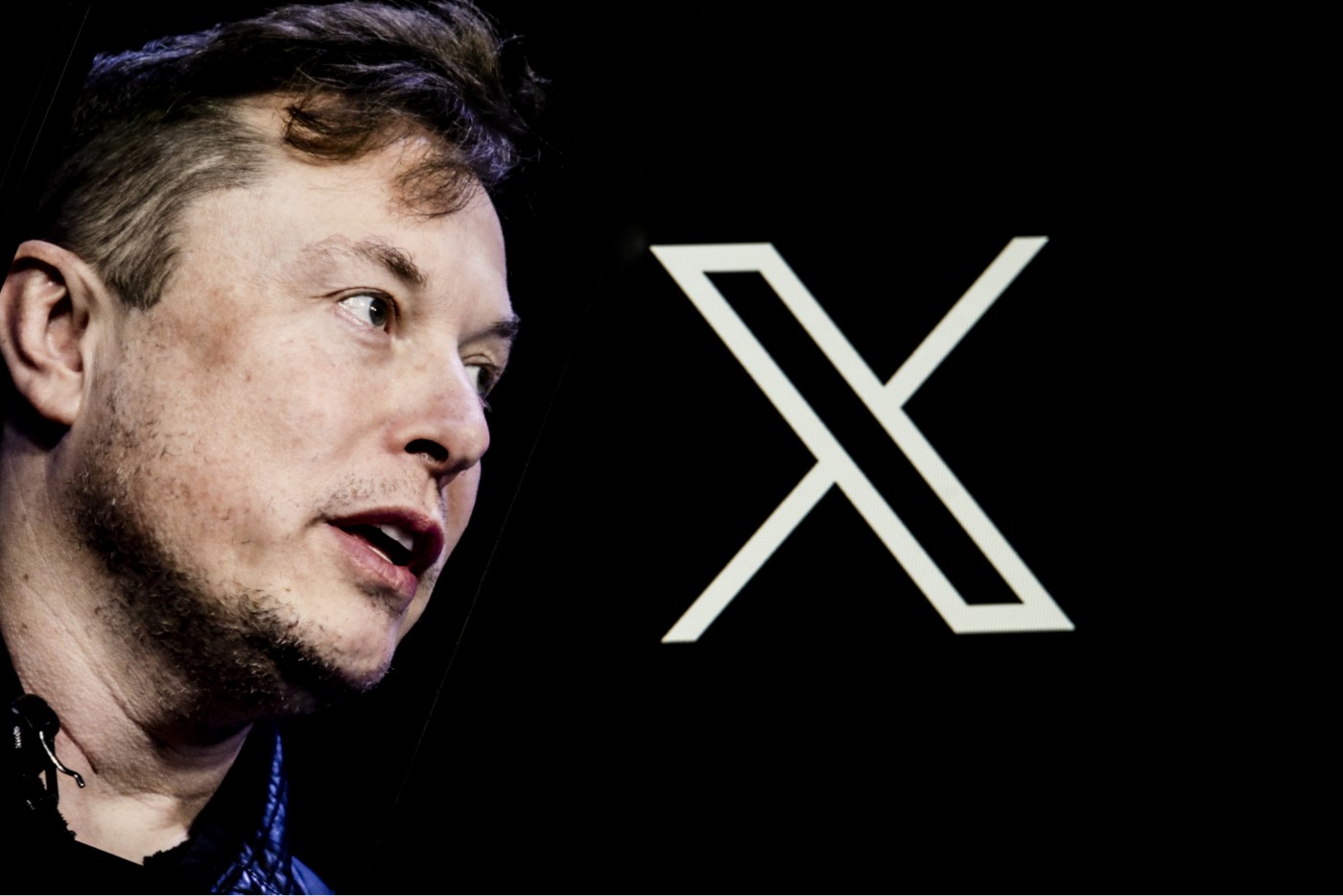Facebook launching dating service to rival Tinder
Mark Zuckerberg says the service is for ‘long-term relationships, not just hook-ups’

A free daily email with the biggest news stories of the day – and the best features from TheWeek.com
You are now subscribed
Your newsletter sign-up was successful
Facebook is taking on Tinder in the online dating market by launching its own match-making app, Mark Zuckerberg announced last night.
Addressing Facebook’s F8 developers conference in San Jose, California, the social media tycoon said the the new dating service would focus on “building real long-term relationships, not just hook-ups”.
There are 200 million people on Facebook who list themselves as single, so clearly there’s something to do here,” Zuckerberg said.
The Week
Escape your echo chamber. Get the facts behind the news, plus analysis from multiple perspectives.

Sign up for The Week's Free Newsletters
From our morning news briefing to a weekly Good News Newsletter, get the best of The Week delivered directly to your inbox.
From our morning news briefing to a weekly Good News Newsletter, get the best of The Week delivered directly to your inbox.
The dating feature will be an opt-in service that matches single users with people who they are “not already connected to” on Facebook, reports CNBC.
After activating the feature, users will be asked to list a real-world event they are interested in attending, the news site says. Their profile is then shared with other singletons who are also attending the event, and users can start a private conversation if they find someone they want to contact.
What separates the new service from the massively popular dating app Tinder is that Facebook already has a substantial amount of information on its users to help match singletons, says The Guardian.
Facebook also promises that users will not be matched with friends, so no one they know will see their dating profile. By contrast, Tinder users may potentially see someone they know while searching for a date.
A free daily email with the biggest news stories of the day – and the best features from TheWeek.com
With Facebook still in the spotlight over the “mass harvesting of personal data for use by Cambridge Analytica”, the company has designed the dating service “with privacy and security in mind”, Sky News adds.
Although Zuckerberg “did not apologise for the scandal” during the conference yesterday, he did stress that Facebook would “make sure that never happens again”.
-
 Political cartoons for February 16
Political cartoons for February 16Cartoons Monday’s political cartoons include President's Day, a valentine from the Epstein files, and more
-
 Regent Hong Kong: a tranquil haven with a prime waterfront spot
Regent Hong Kong: a tranquil haven with a prime waterfront spotThe Week Recommends The trendy hotel recently underwent an extensive two-year revamp
-
 The problem with diagnosing profound autism
The problem with diagnosing profound autismThe Explainer Experts are reconsidering the idea of autism as a spectrum, which could impact diagnoses and policy making for the condition
-
 Is social media over?
Is social media over?Today’s Big Question We may look back on 2025 as the moment social media jumped the shark
-
 Social media: How 'content' replaced friendship
Social media: How 'content' replaced friendshipFeature Facebook has shifted from connecting with friends to competing with entertainment companies
-
 Meta on trial: What will become of Mark Zuckerberg's social media empire?
Meta on trial: What will become of Mark Zuckerberg's social media empire?Today's Big Question Despite the CEO's attempt to ingratiate himself with Trump, Meta is on trial, accused by the U.S. government of breaking antitrust law
-
 What does an ex-executive's new memoir reveal about Meta's free speech pivot?
What does an ex-executive's new memoir reveal about Meta's free speech pivot?Today's Big Question 'Careless People' says Facebook was ready to do China censorship
-
 What's Mark Zuckerberg's net worth?
What's Mark Zuckerberg's net worth?In Depth The Meta magnate's products are a part of billions of lives
-
 Is the AI bubble deflating?
Is the AI bubble deflating?Today's Big Question Growing skepticism and high costs prompt reconsideration
-
 How social media is limiting political content
How social media is limiting political contentThe Explainer Critics say Meta's 'extraordinary move' to have less politics in users' feeds could be 'actively muzzling civic action'
-
 Twitter's year of Elon Musk: what happens next?
Twitter's year of Elon Musk: what happens next?In the Spotlight 'Your platform is dying', says one commentator, but new CEO is aiming for profitability next year